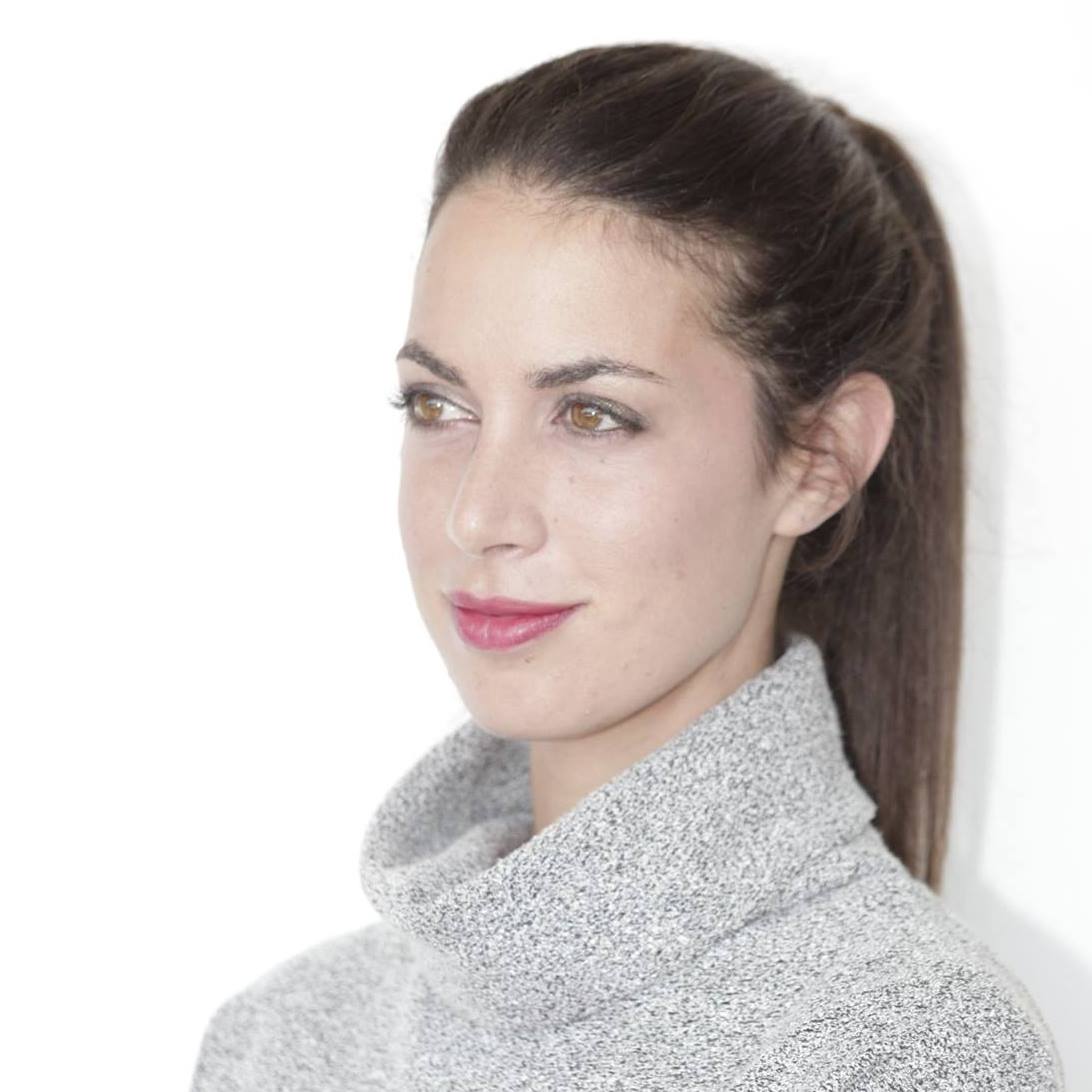When women complain about having nothing to wear, it doesn’t always mean they have an empty closet. Sometimes, it means they have a bunch of clothes they just don’t wear anymore.
But one woman’s retired top can be another woman’s gem. Based on this idea, 29-year-old Adi Shemesh founded Trench, a clothing exchange network, one year ago in Tel Aviv and brought it all the way to Northwestern for a pilot run in the U.S.
“It’s basically shopping without opening your wallet,” Shemesh said.
If that sounds crazy or even ridiculous to you, it’s because this business model is completely new.
The I-have-nothing-to-wear frustration is a common problem for many fashionistas – constantly wanting new clothing items without having the financial luxury to frequently revamp their fashion collections. So, Shemesh founded Trench at the age of 28 to find a solution to this conundrum.
The model works like an online social network. You can register as a member, upload your unwanted fashion items on Trench and browse the collections of other members near your geographical location. Then, you can sell and buy those items using a virtual currency called “Diamonds,” which you can earn by uploading and selling items. So basically, you don’t have to pay any real dollars to get something really cute in another woman’s closet.
Shemesh first started its pilot run in Tel Aviv, a liberal city that welcomes new entrepreneurship ideas. However, with only eight million people, Israel proved too small a market for Shemesh’s ambition.
“In the U.S., the estimated value of unworn items in people’s closets is $50 billion, and the second-hand market is $15 billion to $18 billion,” Shemesh said.
So first she made a list of U.S. universities. Based on responses from their test campaigns at the top three campuses of her choice, she eventually picked Northwestern as the target for her first pilot project.
So far she has organized a few Trench pop-ups on campus, including a special collection for Dillo Day, which featured a variety of tank tops and patterned shorts. The pop-ups are designed to get Northwestern women to start trading their unwanted clothes, and to recruit more registered members, whom Shemesh calls “the Trench girls.” So far the responses have been satisfying, Shemesh said, as those who have joined Trench have given very positive comments about it.
Noa Segev, the new market’s launcher at Trench, said the service may also be open to men in the future, since many male students have been submitting requests to become “the Trench boys.”
Shemesh explained that Trench is designed to be more than just an online market. It’s a social network that brings together women with similar fashion tastes who are more likely to connect with each other.
“People come for the clothes, but stay for the friends,” Shemesh said.
"TRENCH isn't just a clothing exchange, it's a social network." - Jen Kapov, NU brand ambassador #TRENCHpopuppic.twitter.com/unFv2CFrwl
— Ashley Peterson (@JstudentAshley) May 18, 2016
Allegra Toub, a McCormick freshman who has interned at the start-up for over three weeks, said the Trench model, which was developed in Israel, may face some resistance in the U.S. Compared to Israelis, Americans are more skeptical to advertisements, even if the services are entirely free, as in the case of Trench, Toub said.
“People in U.S. universities in general are always on their schedule,” Toub said, “so if you advertise something at the Arch, people will not slow down and listen.”
Also, Toub said her other concern is that some students may not feel comfortable wearing other people’s second-hand clothes, even if they are in relatively new condition.
However, Shemesh isn't worried.
“Everyone will wear other people’s clothes in a few years time,” Shemesh said. “People are living in other people’s houses, like Airbnb, and sitting in other people’s cars, like Uber.”
Other cultural differences emerge during interactions among Trench staff as well. Shemesh said she tends to be more direct when communicating her ideas, and often finds Americans not as upfront with what they have in mind.
“You will look at Israelis sometimes as rude, and Israelis may look at Americans as fake,” Shemesh said. “But of course none of that is true. It’s just how big the cultural difference is.”
Because Israelis are more direct, they collaborate with greater efficiency without having to guess what the other person really means, Shemesh said. However, she has learned her way around the problem by asking Americans outright what they honestly want to say.
Right now Trench is only operating on Northwestern's campus, but Shemesh said she will definitely expand Trench to other U.S. colleges starting next semester.
“The plan regarding the U.S. is that we will expand until every woman in every big city can be a user of Trench,” said Segev.
But Trench is still very new. Less than two months ago, Segev moved to Chicago from Israel for Trench’s pilot project at Northwestern. Coming from a job as the recruiter for an intelligence training program in the Israel Defense Forces, she was simply looking for an opportunity to “start something from scratch,” and Trench was the perfect platform for that.
When asked about backup plans in the case of a failure of Trench, Shemesh said failures are “not relevant,” because they are something only the future can tell.
“If you are scared of something, it means that you are about to do something that you’ve never done before, and that’s a good thing,” Shemesh said. “The key is to realize that you are scared, and then to...act despite your fear.”
